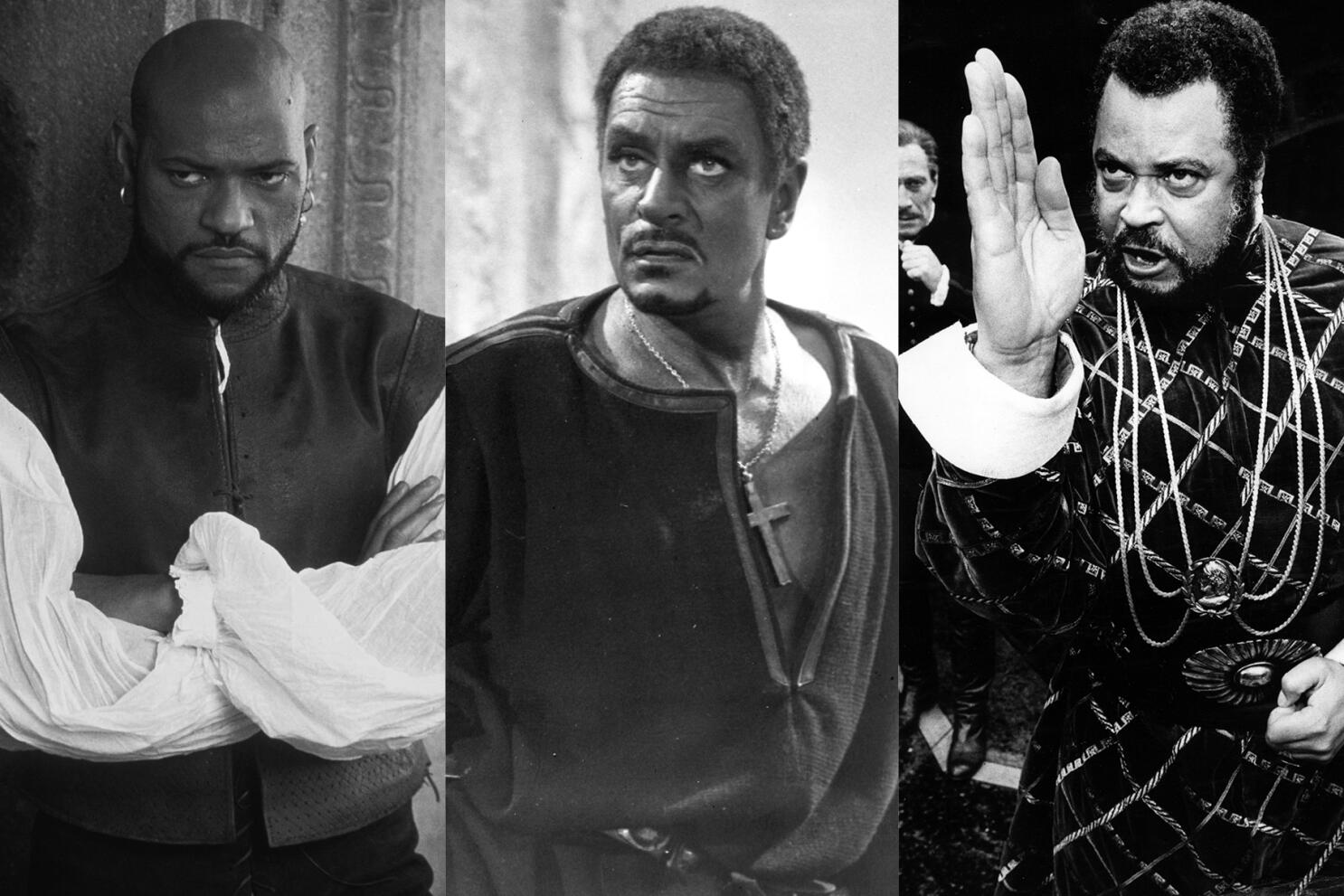
The A Level Literature course introduces pupils to relevant, engaging and up-to-date approaches
to the reading and study of literature, examining texts through the lens of genre and theory. At
present we study Aspects of Tragedy, including the study of Shakespeare’s haunting play Othello;
and Elements of Crime, including the study of Ian McEwan’s fascinating novel Atonement. We aim
to encourage the independent study of a range of texts within a shared context, giving logic and
meaning to the way texts are grouped.
A clear progression from GCSE is offered, where students are allowed to build on the skills and
knowledge already gained and to prepare for their next steps. The skills developed during the
course are essential for further study in a variety of subjects; for instance, Literature particularly
lends itself to accompanying the study of Law or Psychology. A Level Literature is highly respected
by universities as a well-established, traditionally challenging and valuable qualification, and it
provides pupils with many skills desirable for future employment.
Resources and facilities
The English Department at The Khalsa Academy Wolverhampton is well resourced with staff experienced at teaching to A Level, as well as providing pupils with set texts, Anthologies and supplementary reading to aid pupils’ studies.
Specific requirements
All students must have at least a grade 6 in GCSE English Language or GCSE English Literature.
What will I study?
Through a variety of assessment styles, such as passage-based questions, unseen material, single
and multiple text questions and open and closed book approaches, students develop a wide range
of skills such as the ability to read critically, analyse, evaluate and undertake independent
research.
Students will sit 2 examinations at the end of the two year course (2h30 for Tragedy and 3h for
Crime) which comprise 80% of the final grade.
There is an NEA coursework element for A-level Literature, comprising 20% of the final grade, and
consisting of 2 extended essays on topics and texts of the pupil’s choice, enabling passions to be
pursued and critical theories to be applied at a high level.
Year 1 Contents:
1. Conventions and history of tragedy writing.
2. Conventions and history of crime writing.
3. Critical approaches to the study of Literature.
5. Othello
6. Poems of Browning, Wilde and Crabbe
7. The Rime of the Ancient Mariner
Year 2 Contents:
9. Atonement
10. NEA
Where does it lead?
Many students who study the A Level route consider a career in the law, in the media, in marketing, in publishing, as journalists, as psychologists or in education.
Who to Contact
Mrs S Kaur – s.kaur@tkaw.org